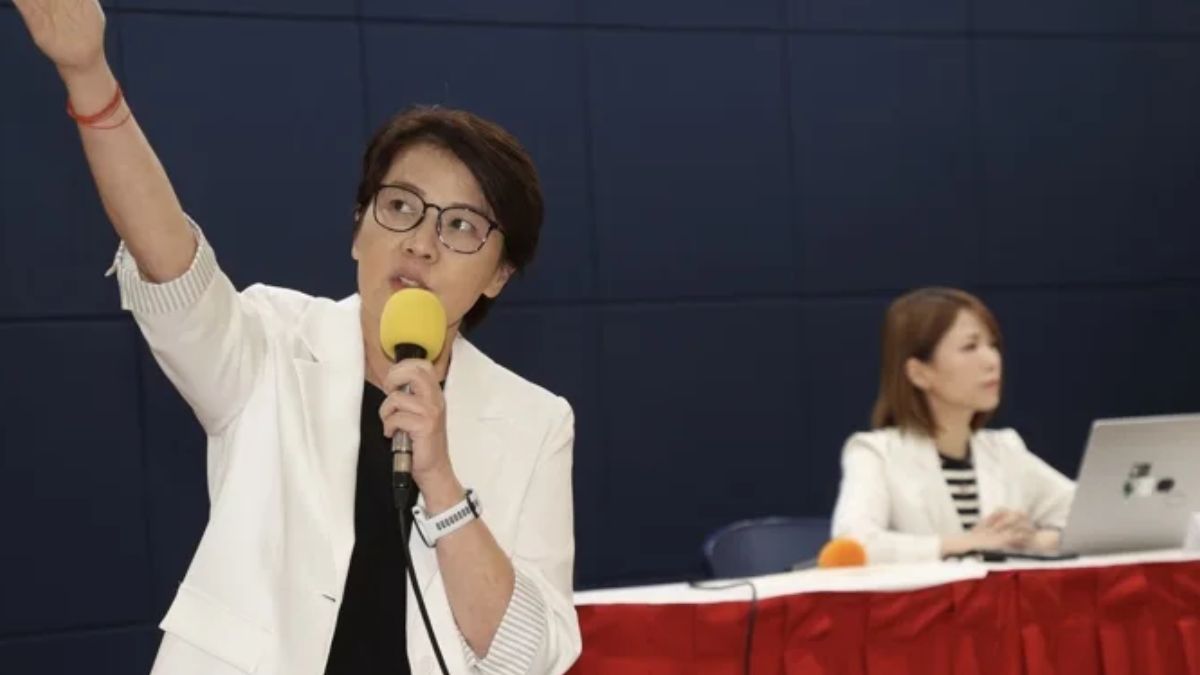In a dramatic turn of events, former Deputy Mayor of Taipei, Huang Shanshan, has been suspended from power for three years, sparking widespread controversy and raising serious questions about the integrity of her past financial audits. The suspension, announced late Tuesday, comes as part of an ongoing investigation into alleged irregularities in the accounts she managed during her tenure.
Huang, who served as Deputy Mayor under former Taipei Mayor Ko Wenzhe, has been under scrutiny since leaving office in December 2022. Her role involved overseeing critical city projects and managing substantial budgets. However, recent audits have revealed discrepancies that have now placed her under the spotlight of a broader probe.
Despite the suspension, Huang has been permitted to continue auditing accounts, a decision that has drawn sharp criticism from political observers and opposition parties. Many argue that allowing her to continue in this capacity undermines the integrity of the investigation and could potentially influence the outcome.
The controversy reached a fever pitch on Wednesday when Ko Wenzhe, who is currently a high-profile figure in Taiwan’s political landscape, abruptly canceled a scheduled press conference. The event was expected to address the ongoing investigation into Huang’s conduct, as well as other pressing issues related to his political agenda. Ko’s decision to call off the press conference has only fueled speculation, with critics suggesting that it may be an attempt to distance himself from the unfolding scandal.
Huang, who has remained largely silent since the announcement of her suspension, released a brief statement through her legal team, expressing her intent to cooperate fully with the investigation. She also denied any wrongdoing, asserting that the audits in question were conducted in accordance with standard procedures.

